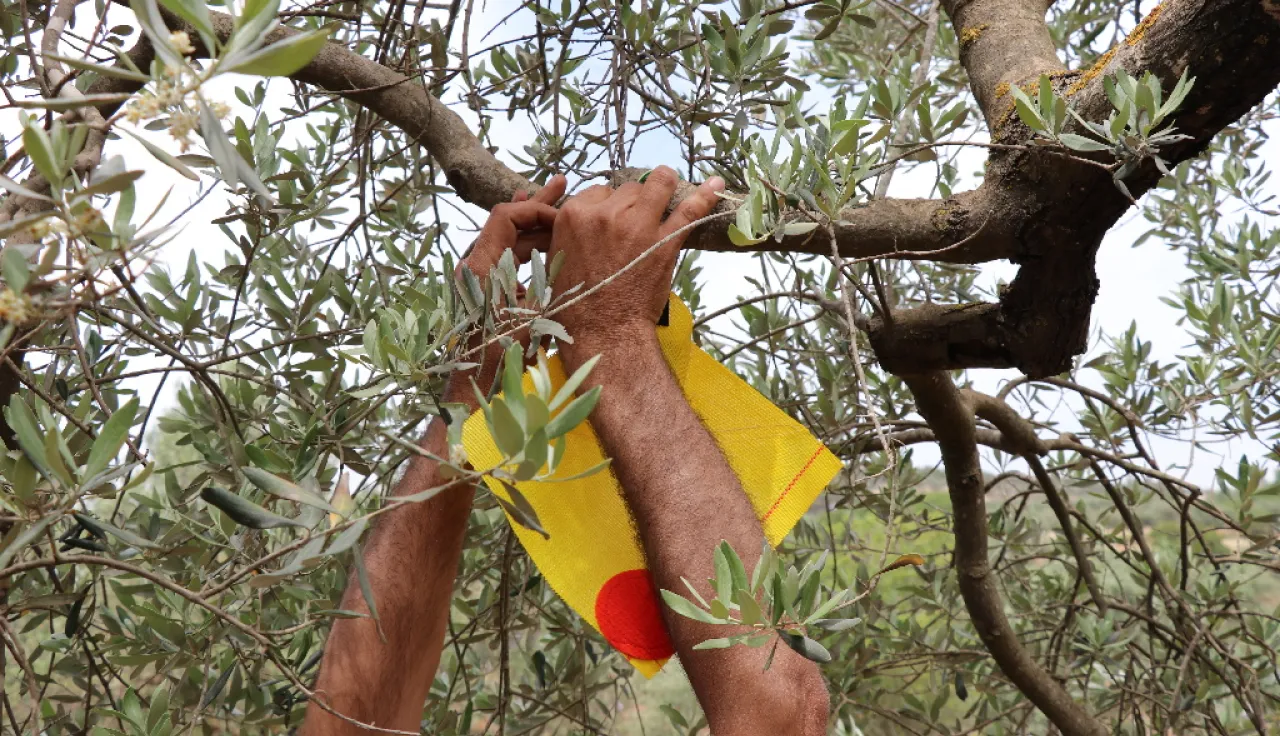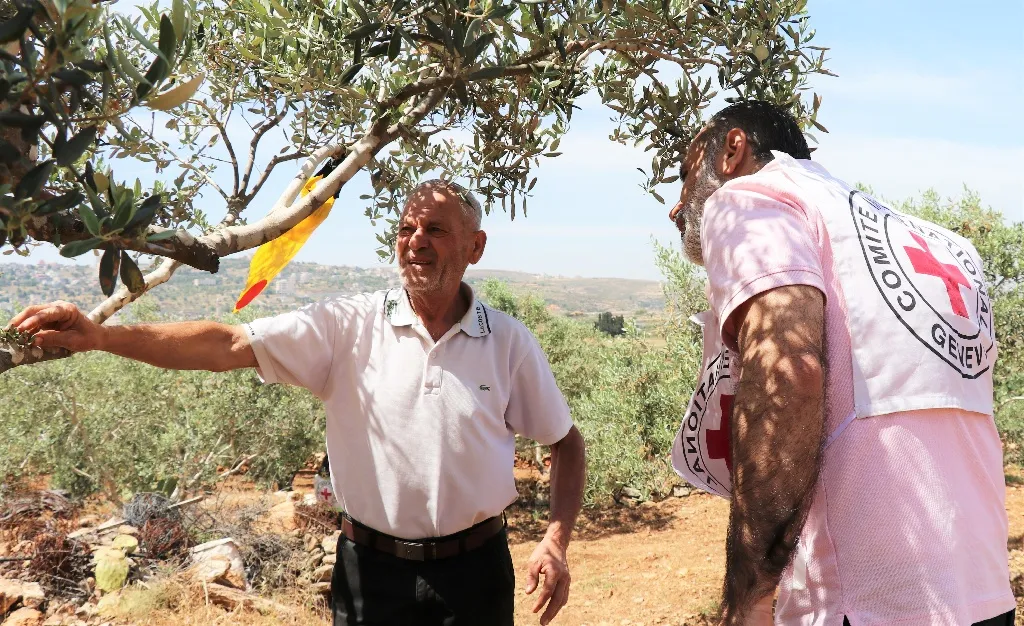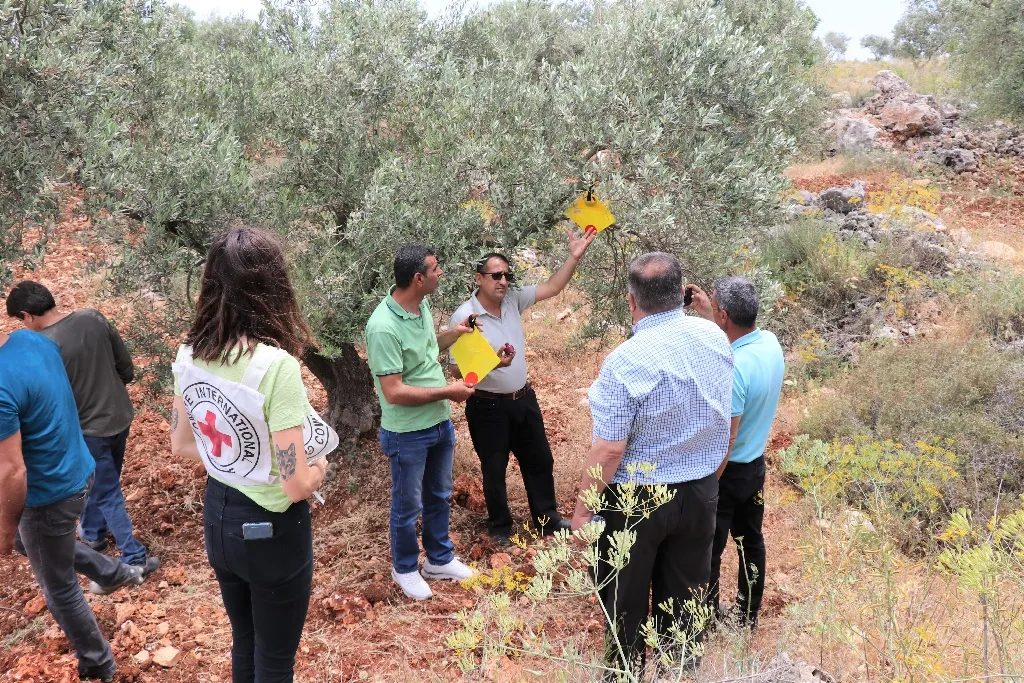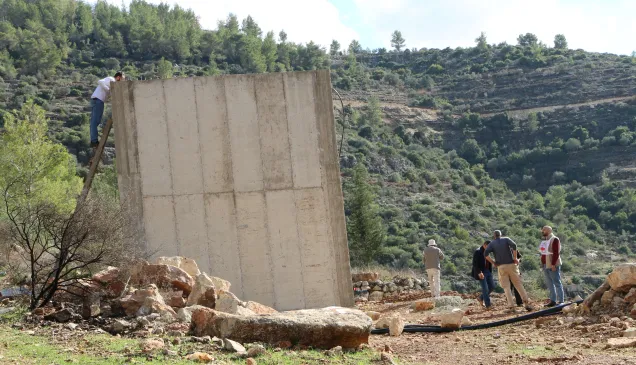Helping Palestinian farmers maintain a safe olive tree cycle

The International Committee of the Red Cross (ICRC) and the Palestinian Ministry of Agriculture (MoA) distributed thousands of bio-traps to help Palestinian farmers in several Palestinian villages protect their olive trees against the olive fruit fly.
The project aims to support hundreds of Palestinian farmers who are affected by the conflict and do not have access to their agricultural lands or whose lands are located near settlements and the seam zone around the West Bank.

Bio-traps are an ecological pest-control solution, as they provide protection from the olive fruit fly and contain an organic insect repellent formula that provides effective and long-term protection up to eight months, starting from the month of April and ending with the olive harvest season in late October and November, when the flies are most active.



It is worth noting that last year, the ICRC, in cooperation with the MoA, succeeded in using bio-traps to protect trees against insects in the Gaza Strip and various areas of the West Bank, including Burin, Asirah al-Qibliya and Qaryut, achieving concrete results in those areas.



